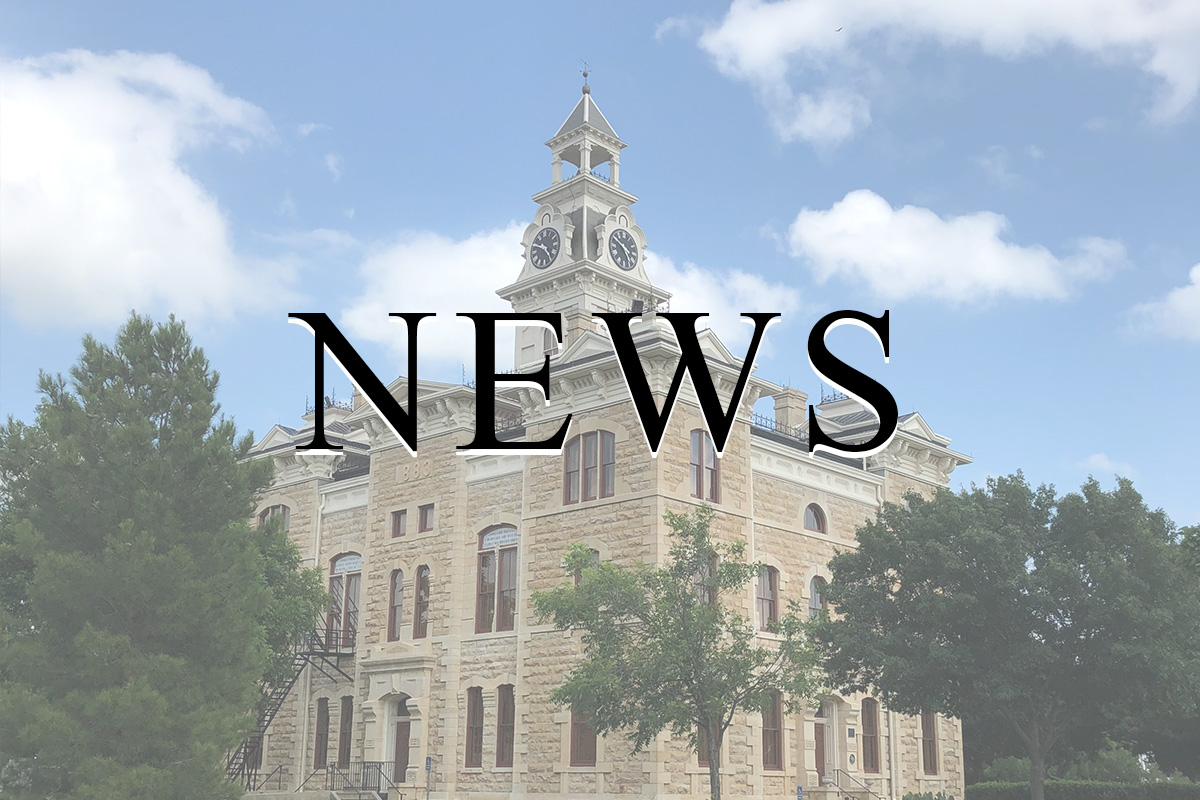Jan. 30 deadline set for LFP applications

The U.S. Department of Agriculture’s Farm Service Agency (FSA) is now accepting applications for the Livestock Forage Disaster Program (LFP) to provide financial assistance to eligible livestock producers for 2022 grazing losses due to a qualifying drought or wildfire.
The deadline to apply for 2022 LFP assistance is Jan. 30, 2023.
A large percentage of Texas counties have met the drought severity levels that trigger LFP eligibility for the 2022 program year. For LFP, qualifying drought triggers are determined using the U.S. Drought Monitor. Visit the FSA LFP webpage for a list of eligible counties and grazing crops.
“Persistent severe and extreme drought conditions in Texas have caused substantial economic distress for agricultural and livestock producers” said Kelly Adkins, State Executive Director for the FSA in Texas. “Eligible producers are encouraged to contact their local FSA office to schedule an appointment to apply for LFP drought recovery assistance.”
LFP provides payments to eligible livestock producers and contract growers who also produce forage crops for grazing and suffered losses due to a qualifying drought or fire during the normal grazing period for the county.
Eligible livestock include alpacas, beef cattle, buffalo/bison, beefalo, dairy cattle, deer, elk, emus, equine, goats, llamas, reindeer or sheep that have been or would have been grazing the eligible grazing land or pastureland during the normal grazing period.
To expedite the application process, producers are encouraged to gather and submit records documenting 2022 losses. Supporting documents may include information related to grazing leases, contract grower agreements, and more.
LFP is part of a broader suite of disaster assistance available through USDA.
The Emergency Assistance for Livestock, Honeybees, and Farm-Raised Fish Program (ELAP), which also has a Jan. 30, 2023, deadline, provides eligible producers with compensation for certain feed losses not covered by LFP. ELAP also covers above normal costs associated with hauling water to livestock and transporting feed to livestock.

